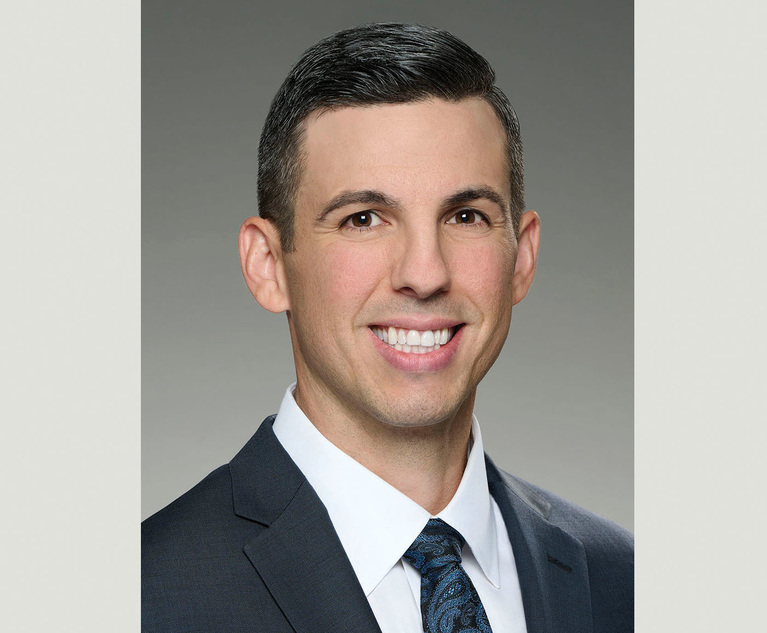On Nov. 29, 2021, the Delaware Supreme Court unanimously upheld a judgment from the Superior Court sustaining a corporation’s tax protest, but on statutory grounds rather than the state constitutional ones decided below in Director of Revenue v. Verisign, No. 18, 2021, — A.3d —-, 2021 WL 5563437 (Del. Nov. 29, 2021), affirming in part and reversing in part No. N19C-08-093-JRJ, 2020 WL 7640107 (Del. Super. Dec. 17, 2020). Because the state Legislature has acted in the intervening time, the decision calls into doubt the validity of certain provisions of Delaware’s corporate tax laws.
At issue is the interplay between two commonly used features of tax law: the carrying forward of net operating losses (NOLs) and the filing of consolidated federal returns by affiliated corporations. Both the federal and Delaware income tax authorities permit entities to “carry forward” NOLs. That carrying forward means that if a corporation’s net income in one tax year is negative, then in addition to there being no profits to tax, the corporation in a future year can use that loss to offset profits and reduce its taxable obligation. Unlike Delaware law, however, for federal income taxes, a group of affiliated corporations can file a single “consolidated” return, treating their combined financial flows as a unitary whole. Delaware, in keeping with its well-known respect for the corporate form and separate corporate identity, requires each corporation to file a separate tax return. Because income as reported to the federal government is the starting point for income as reported to the Delaware government for income tax purposes, Delaware requires that corporations who filed consolidated returns at the federal level file an individualized pro forma return, separating themselves from the consolidated group.


 Michael B. Gonen of Duane Morris. Courtesy photo
Michael B. Gonen of Duane Morris. Courtesy photo




